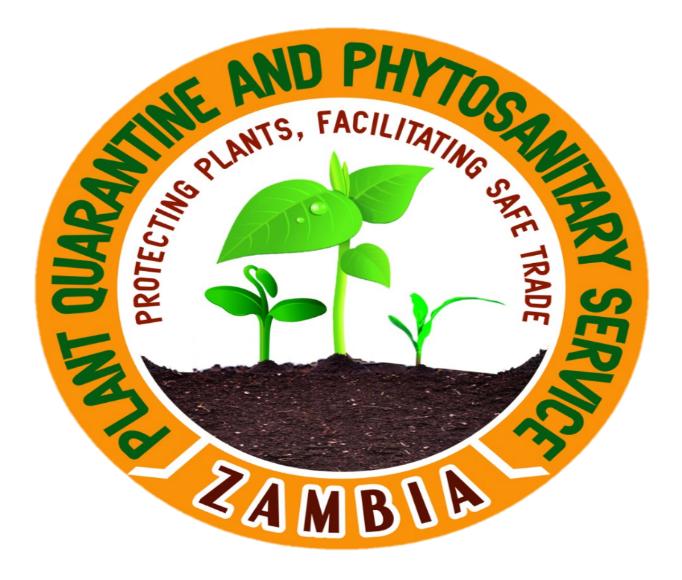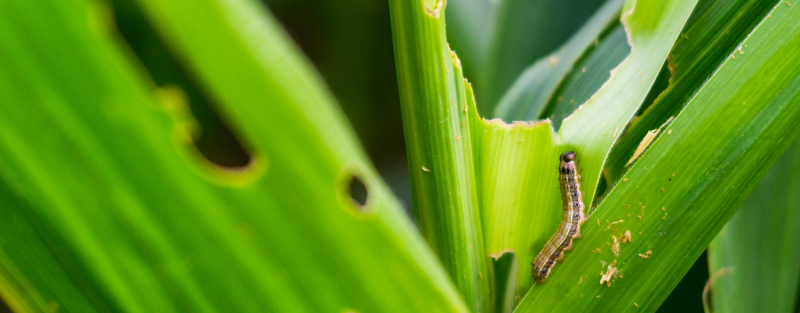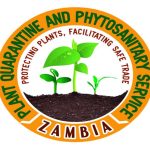Posted on Fri, 22 Apr 2022, 14:33
Rome, 21 April 2022. Emerging pests and specifically Spodoptera frugiperda (Fall armyworm) and Fusarium TR4 are among the major threats to global food security, plant health and livelihoods. Since the fourteenth session of Commission on Phytosanitary Measures (CPM) in 2019 when the concept of emerging pests was discussed, significant progress has been made on understanding how the International Plant Protection Convention (IPPC) Community could develop and strengthen global Pest Outbreak Alert and Response Systems (POARS).
During CPM-16, a report on the activities of the CPM Focus Group on POARS, established in late 2020 by the CPM Bureau on behalf of the CPM, was presented by the Focus Group’s chairperson, Mireille Marcotte from Canada. The Focus Group report includes a set of recommendations for the CPM to consider regarding the development, implementation and maintenance of a global Pest Outbreak Alert and Response System (POARS) coordinated by the Secretariat.
A number of contracting parties commended the efforts and progress so far, thanking the focus group for the significant efforts made on investigating how global pest response systems can be efficiently set.
The proposals from the focus group generated a lengthy discussion among contracting parties, including a proposal for a new CPM subsidiary body, the POARS Committee. With the proposal of a new subsidiary body deemed to be ultimately too costly, some contracting parties showed support for the establishment of an interim steering group. With respect to the development of the global POARS itself, the CPM noted that any global system would need to be aligned with regional systems and that alternative options to the model proposed could include addressing the scope of POARS through FAO regions and RPPOs.
Given a wide range of views on the proposed governance model and the development of the global POARS itself, a Friends of the Chair meeting resulted in revisions to the recommendations for CPM decision and to the draft terms of reference for the POARS steering group.
Following the Friends of the Chair meeting, CPM-16 agreed as an interim measure to establish a POARS Steering Group to work on establishing a POARS capability, to revise the POARS Steering Group Terms of Reference to reflect the discussions of the CPM and to be submitted to the CPM Bureau for approval and requested that the secretariat open a call for experts once the bureau has given its approval. CPM-16 also requested that the Finance Committee consider how to allocate an appropriate level of resources to continue the work on POARS during 2022 and encouraged CPs to contribute extra-budgetary resources to help fund the POARS workplan.
When presenting the Secretariat on emerging pests, namely on Spodoptera frugiperda (Fall armyworm) and Fusarium oxysporum f.sp. cubense Tropical race 4 (Fusarium TR4 also known as Banana Fusarium Wilt), contracting parties supported these activities and suggested other pests to be considered.
Sarah Brunel, Officer in Charge for Implementation Facilitation Unit – daily matters, indicated “these proposals on other pests will be made to the POARS Steering Group, once it is established, to be considered for inclusion in IPPC Secretariat activities on emerging pests, as a framework now exists for such proposals”.
Related information:
Workshop Series: Fusarium TR4 Diagnostic, Surveillance, Inspection and Simulation Exercises


